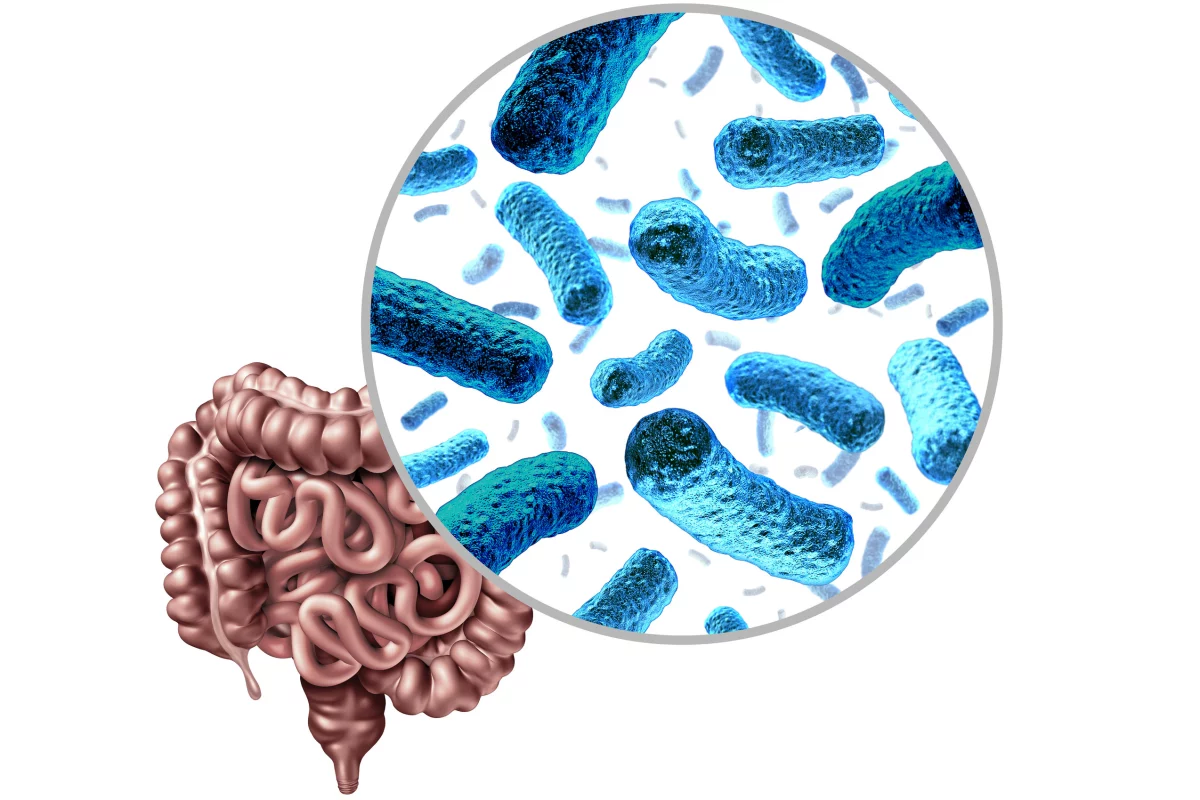The role of gut bacteria in the progression of prostate cancer has been highlighted in a new study showing how the microbiome can influence hormone metabolism, which subsequently amplifies tumor growth and disrupts certain hormone treatments.
A number of links between the bacteria living in our gut and cancer have been discovered in recent years. From increasing one’s risk for bowel cancer to influencing the severity of chemotherapy side effects, researchers are only just beginning to delve into this complex relationship.
This new research focused on a common prostate cancer treatment called androgen deprivation therapy (ADT). Androgens are male hormones and cancerous cells in the prostate require these hormones to grow. So depriving a body of androgens can slow the growth, or even in some cases shrink, prostate tumors.
“The influence of the gut microbiome on cancer is a fascinating new area of science that we are just beginning to understand,” says Kristian Helin, from the Institute of Cancer Research in London. “These exciting findings are the first to unveil a mechanism through which the gut microbiome can drive prostate cancer growth and resistance to hormone therapy.”
Through a series of mouse experiments the study first demonstrated how gut bacteria can produce androgen hormones encouraging prostate cancer growth. The animal studies revealed certain types of bacteria respond to androgen deprivation therapy by producing similar metabolites, ultimately rendering the hormonal treatment ineffective.
The researchers then looked at two groups of human prostate cancer patients – men with hormone-resistant prostate cancer and men with prostate cancer responsive to ADT. When fecal samples from the men with hormone-resistant prostate cancer were transplanted into mice with prostate cancer, the researchers found those tumors developed hormone treatment resistance and grew faster.
The influence of the gut microbiome on cancer is a fascinating new area of science that we are just beginning to understand
Comparing microbiome profiles between the two cohorts revealed men with hormone-resistant prostate cancer had higher levels of Ruminococcus bacteria, while those responding well to ADT had high levels of Prevotella stercorea. Johann de Bono, a researcher working on the study, says one outcome from these findings is the potential development of a gut bacteria signature that could inform doctors as to the optimal therapy for certain prostate cancer patients.
“The next step will be to further explore how we apply these signatures in patients, with the aim of devising tests to pick out men who would benefit from fecal transplants, antibiotic therapy and other strategies to manipulate the microbiome,” says de Bono.
A number of potential therapies could hypothetically be deployed to improve ADT outcomes in light of these new findings. The researchers suggest antibiotics could be used to temporarily deplete populations of gut bacteria known to produce androgens, but de Bono says the ultimate outcome would be a probiotic or fecal transplant accompanying ADT to counteract any problematic bacterial species.
“In the long-term, our aim would be to produce a ‘yoghurt’ enriched with favorable bacteria to prevent resistance to treatment,” says de Bono.
The new study was published in the journal Science.
Source: The Institute of Cancer Research




